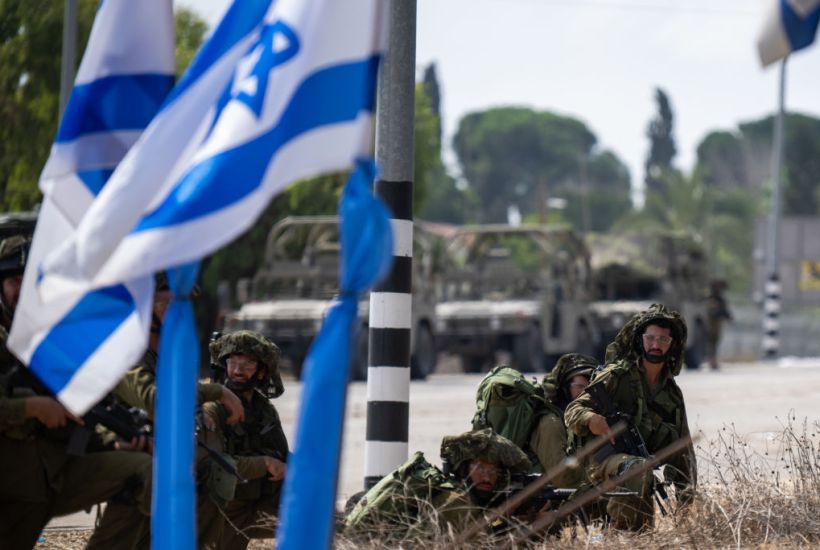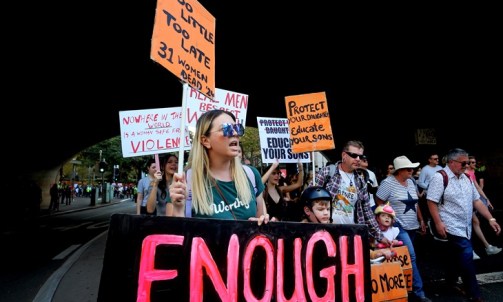Everyone wants an end to the fighting in Gaza. The United States backs ‘an immediate and sustained ceasefire’. The European Commission urges ‘an agreement on a ceasefire rapidly’. The Brits demand ‘an immediate pause in fighting, then progress towards a sustainable ceasefire’. So eager is the Biden regime for a cessation in hostilities that the most senior Democrat in the Senate, Chuck Schumer, was sent out last week to advocate the removal of Israel’s democratically elected prime minister.
Already a subscriber? Log in
Subscribe for just $2 a week
Try a month of The Spectator Australia absolutely free and without commitment. Not only that but – if you choose to continue – you’ll pay just $2 a week for your first year.
- Unlimited access to spectator.com.au and app
- The weekly edition on the Spectator Australia app
- Spectator podcasts and newsletters
- Full access to spectator.co.uk
Or



















Comments
Don't miss out
Join the conversation with other Spectator Australia readers. Subscribe to leave a comment.
SUBSCRIBEAlready a subscriber? Log in